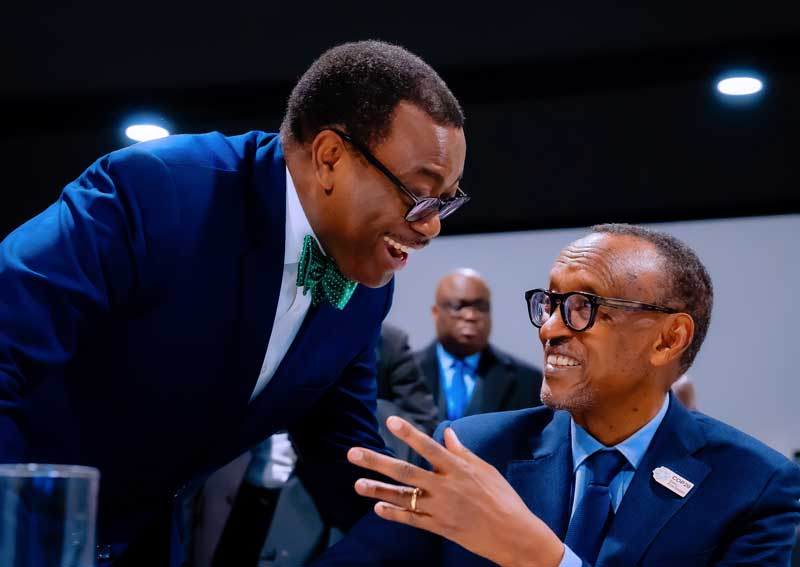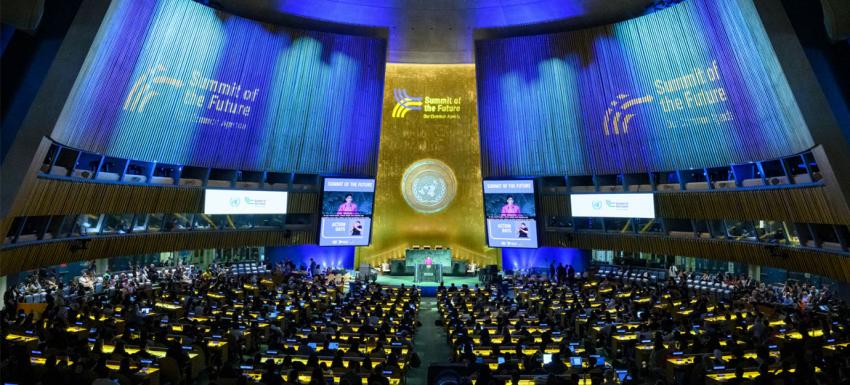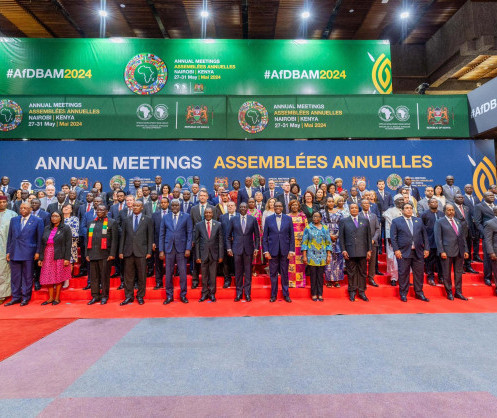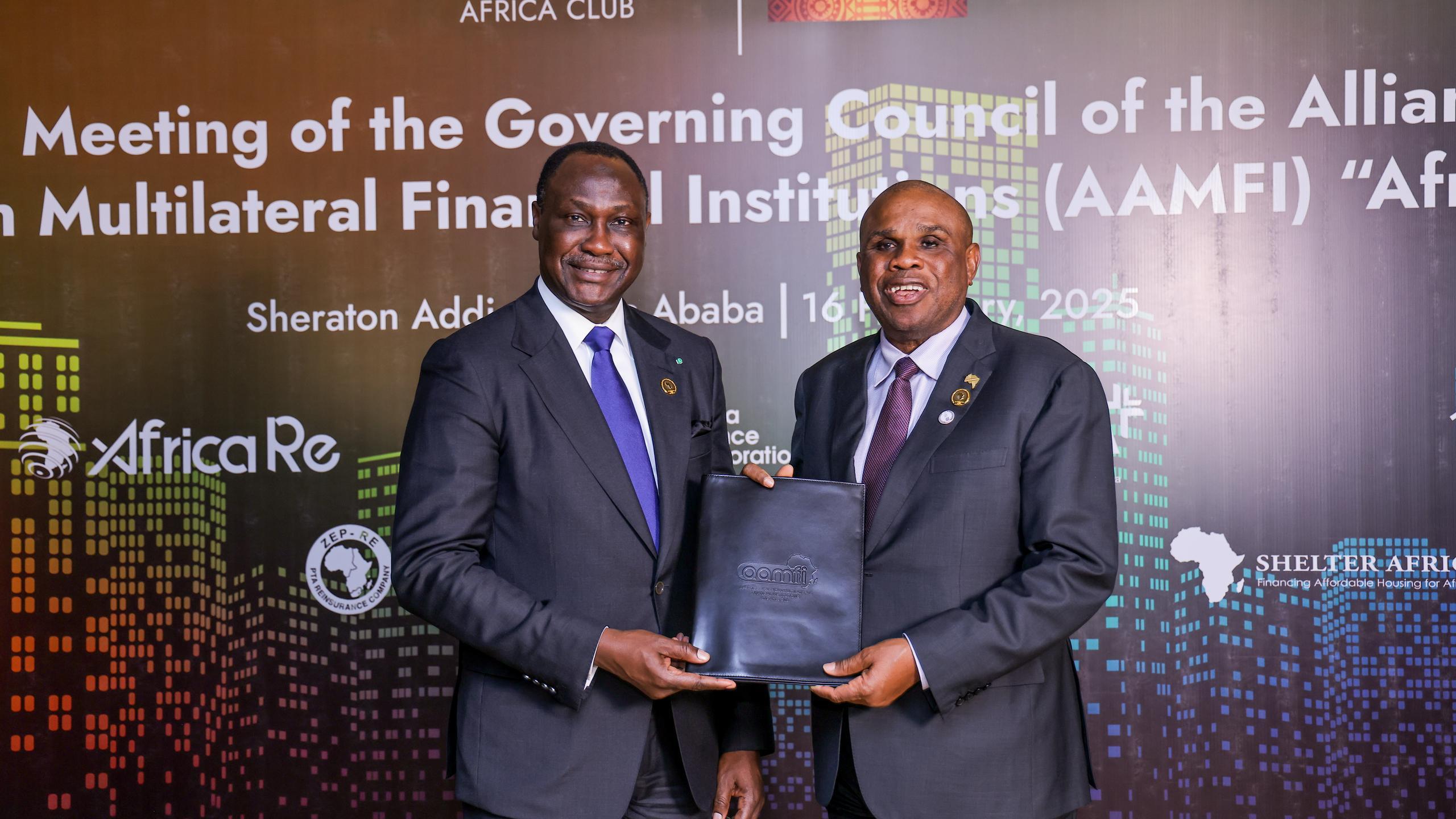The United States has formally withdrawn from the board of the United Nations’ “Loss and Damage” fund, a key initiative aimed at supporting developing nations in addressing climate-change-induced disasters. This decision, conveyed through a letter to the fund’s co-chair, Jean-Christophe Donnellier, immediately removes the U.S. board member and the U.S. alternate board member. While it remains unclear whether the U.S. intends to sever ties with the fund entirely, the move underscores a significant retreat from its international climate commitments.
The Loss and Damage fund, established at COP27 in 2022 and operationalized at COP28, has been hailed as a milestone for climate justice in developing nations. So far, the World Bank-hosted fund has attracted $741 million in pledges from 27 countries and regions. The United States, as the world’s largest economy and a leading historical emitter of greenhouse gases, had contributed $17.5 million before its withdrawal.
Read: Ibrahima Cheikh Diong Appointed as First Executive Director of Loss and Damage Fund
Critics have characterized this decision as a blow to global climate action solidarity. “It is an affront to the essence of international cooperation,” remarked one climate policy expert, emphasizing the broader implications for climate equity. The withdrawal is part of a series of actions by President Donald Trump’s administration, prioritizing an “America First” agenda over global climate cooperation. It follows President Trump’s withdrawal from the Paris Agreement earlier in January.
Edward Heartney, the U.S. representative to the United Nations, reinforced this stance during a UN General Assembly session earlier this week. Heartney criticized the 2030 Agenda for Sustainable Development and its associated Sustainable Development Goals (SDGs), describing them as inconsistent with U.S. sovereignty and adverse to national interests. He stated, “Globalist endeavors like Agenda 2030 and the SDGs lost at the ballot box. Therefore, the United States rejects and denounces these frameworks.”
Heartney further argued that recent U.S. decisions reflect a deliberate course correction on issues such as gender equality (SDG 5) and climate action (SDG 13), which he claimed conflict with domestic priorities. Beyond withdrawing from the Loss and Damage fund, the administration has opposed related UN resolutions, including proposals for an International Day of Peaceful Coexistence and an International Day of Hope.
This withdrawal aligns with broader shifts in U.S. policy since President Trump returned to office. The administration has exited the Paris Agreement, curtailed international development assistance, reversed domestic climate legislation, and limited federal agency participation in global climate research. For instance, a State Department delegation was recently barred from attending a critical Intergovernmental Panel on Climate Change (IPCC) meeting in China.
These actions mark a departure from previous U.S. leadership in global climate efforts. Critics argue that this retrenchment undermines collective progress toward mitigating climate risks and disproportionately affects vulnerable nations already bearing the brunt of climate change impacts. For many observers, the U.S.’s retreat raises urgent questions over who will fill the leadership void for global climate action.
With time running out to address escalating climate challenges, the implications of this policy shift are profound for developing nations and detrimental to global efforts to combat one of humanity’s most pressing crises.























